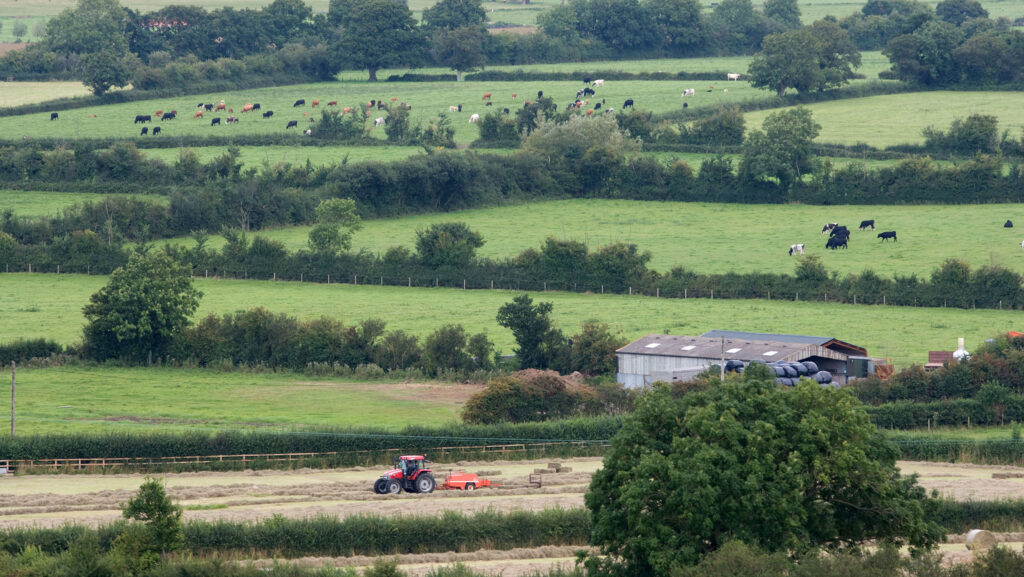Editor’s View: Winners and losers inevitable in land battle
 © Tim Scrivener
© Tim Scrivener What should go where on our precious and finite land area, and how should we decide?
That is the essence of the Land Use Framework consultation, published last week by a Labour-run Defra, but conceived in the department in 2022 under George Eustice’s tenure.
One can only speculate as to why it lay in the forge of policy development for so long.
See also: Land Use Framework sparks fears for food security
Was this deceptively onerous question being endlessly reshaped by the white-hot minds of this generation’s finest public servants, or was it cast onto the scrapheap marked “too difficult” until it was dragged out by new forge master Defra secretary Steve Reed?
The most likely reason is the problems posed by the areas that overlap with the fiercely guarded territories of other government departments, which often operate with as much harmony as Limousin bulls meeting across a weak fence.
Many of the talking points from those predisposed to be critical – amusingly including some Conservatives – have focused on the potential loss of farmland.
Home-grown food
This is, of course, no laughing matter, but I am cautious about adding my voice instantly to those critics for a couple of reasons.
First, the consultation document acknowledges the risk of this, including that doing so may displace home-grown food production.
Second, this is a phenomenon that is happening already and will inevitably continue at pace.
Acknowledging it and attempting to mitigate the worst impacts of that is no bad thing.
And third, it expresses an ambition to attempt to offset losses with productivity gains on the best agricultural land.
Which brings us on to what, in my view, will be the two key measures of success once the consultation is completed in 12 weeks and the government sets out its firmer plans.
Purpose and ambition
It must place strong importance on clarity of purpose and the level of ambition, both of which seem hard to discern at the moment.
In his consultation launch speech, Mr Reed came close to doing the splits as he tried to pump up the importance of this initiative by calling it “England’s next chapter” before saying, in his next breath, that the process won’t culminate in anyone else being told what to do with their land.
He may not want to pre-empt the consultation by being more explicit about the trade-offs yet, but in time they must be properly explained – and then tackled – if this process is to culminate in anything meaningful.
Watching the responses trickle in from farm lobbyists and environmental groups of all colours over the following days, it was clear that there was enough in this announcement for all sides to put a positive spin on it.
But that cannot hold. It is beyond the wit of man to find a way to integrate the number of ambitions that politicians and special interest groups have for our countryside – let alone the people that live and work in it.
The mooted transformation would be most dramatically seen in the uplands.
To its credit, the consultation does also acknowledge the important questions of fairness that raises.
Nothing about this is easy. But the ground is already shifting under our feet.

